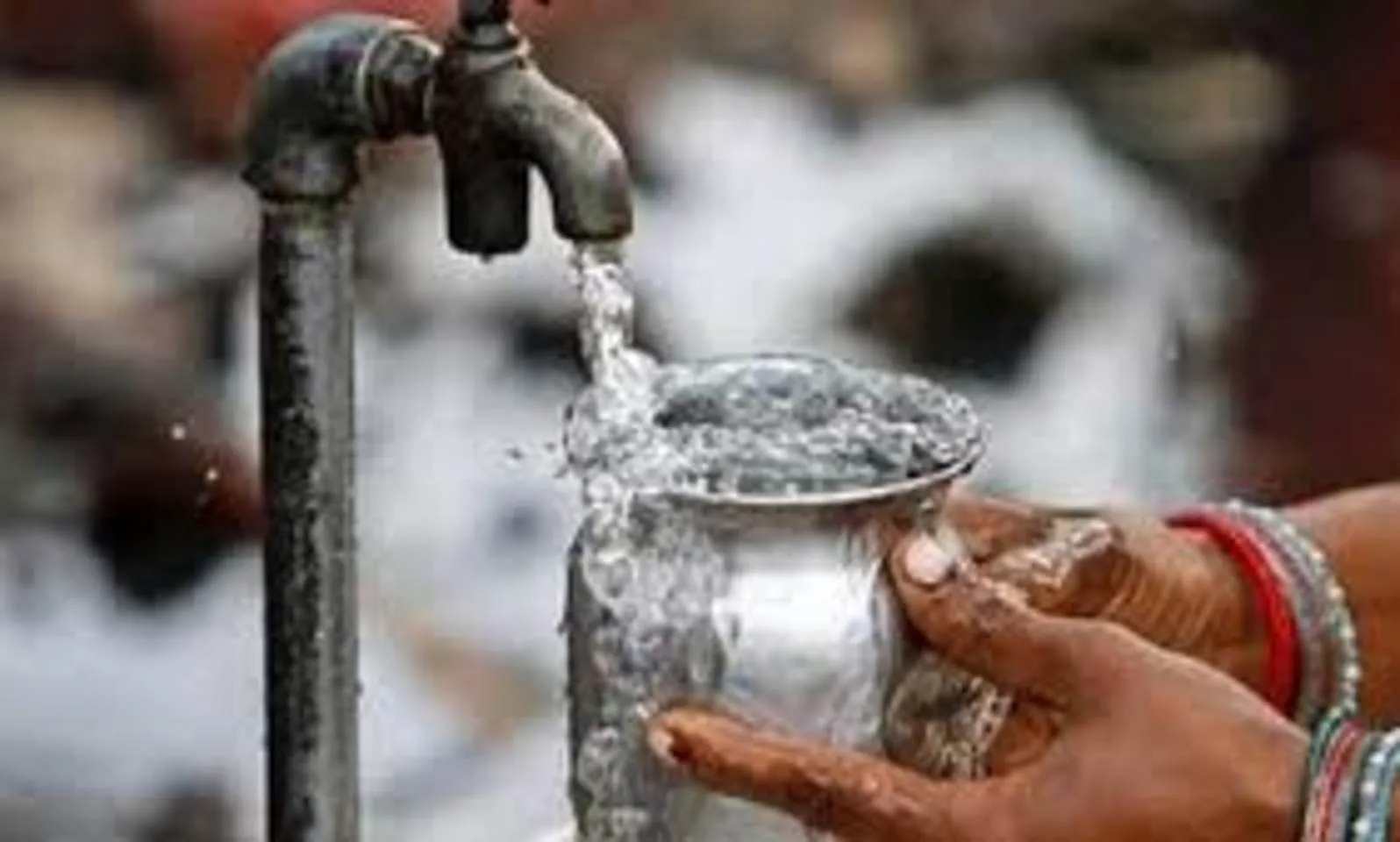Every year worldwide we celebrate WATER WEEK taking all sorts of pledges to protect and preserve the precious water resources but only in the breach.
The life cannot sustain without water. That is how all civilizations have taken birth from the river banks. The greedy humans have failed to protect and preserve the water resource which include glaciers that are melting fast due to indiscriminate use of hydrocarbons by the developed countries.
Whereas the quantum of water is static, its availability is governed by population which is geometrically increasing especially in some of the African and Asian countries. Against the global surface water availability of 7000 CM(cubic meter)/capita/year, India has only 2000 which is estimated to get further reduced to 1500by 2050 when the population is expected to be 150 crores. India has 16 to 17% of world population with just 4% of water resources. Therefore, not only the growth in population has to be controlled but also precious water preserved for the posterity by its optimal usage.
China is possibly the only country which has anticipated the future water crises and accordingly planned a series of storage schemes on Brahmaputra River.
The distribution of surface water in India is erratic. We can experience simultaneous flood and drought. Huge areas especially in the states of Maharashtra, Andhra Pradesh, Telangana, Orrisa, Madhya Pradesh, Chattisgarh and Uttar Pradesh are rain fed. The crop failure usually results in suicides by the farmers being unable to repay the farm loans. North-South water corridor conceived in 60’s which would remove the dependence on rains may take decades to materialize. This water corridor besides providing enough water for drinking, agriculture and industry would also help in mitigating floods. The river transport and hydro power would be an additional advantage. Water disputes between the states are on the increase and even the Government of India has not been able to settle the issue and hence the judicial intervention. These disputes may lead to water wars in near future, if the problem is not addressed seriously now at all levels. Indus Indus Water Treaty (IWT) has imposed restrictions on J&K State to its disadvantage for storage on its three rivers- Chinab, Jhelum and Indus.
In absence of adequate surface water availability, the precious treasure lying underground in the form of ground water has to be relied upon for all the three main uses i.e. drinking, agriculture and industry. Due to over-drawing of the ground water and faulty water management we are faced with its depletion and pollution. The natural recharge has been badly disturbed by us in the catchment areas by the indiscriminate exploitation of forests, thus reducing the absorption capacity and hence the ground water recharge. The natural water bodies and the ponds constructed by our wise ancestors have almost vanished. The wet lands which act as flood basins, bird sanctuaries and water bodies have been urbanized.
The maximum use of ground water is in agriculture where there is no scope of recycling. The agriculture scientists have to address this issue and devise such crops which not only have reduced gestation period but also reduced water requirement. For reducing the evaporation losses, water distribution system has to be covered and also the storage system for which our scientists must devise a solution which possibly could be in the form of a thin membrane. Presently the farmer is interested in paddy for its better returns but if he is assured of equal returns in alternative crops, he will be too happy to adopt the same. Paddy and sugar cane consume the maximum quantity of water. The Government can play a role here by including food grains from such crops in the public distribution system. In the case of drinking and industrial use, recycling and recharging has to be made mandatory. Rain water harvesting from all types of large buildings and its utilization especially for replenishing the ground water is a must. Water has to be treated as an economic resource and all efforts made for more income per drop of water.
Public awareness that the water is precious and if not preserved and taken care of will endanger the mankind is equally important. This role can be played by the print and electronic media, social scientists, educational institutions and clergy. Voluntary participation of stake holders for integrated approach in water conservation for improving water security system and increasing agriculture production has to be ensured. The Panchati Raj Institutions have to ensure the management of all water resources and its optimal use.
Er. S R S Madni), formerly Secretary to J&K Govt.






